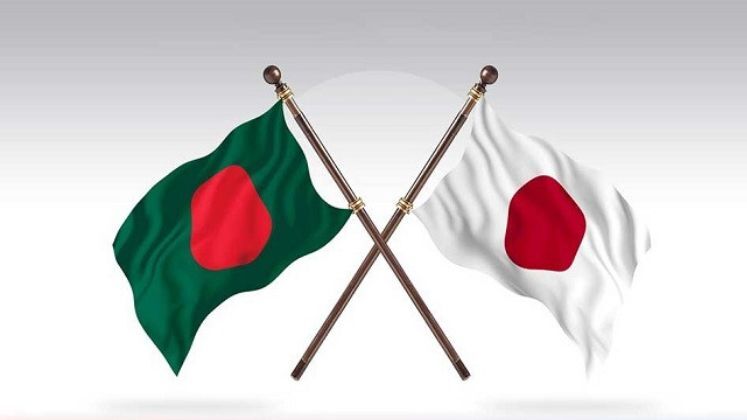
Bangladesh is set to commence the final round of negotiations for a free trade agreement (FTA) with Japan next week, aiming to secure the deal before the country’s graduation from the least developed country (LDC) status next year. The negotiations are scheduled to take place from 3rd to 13th September in Tokyo, according to Commerce Secretary Mahbubur Rahman.
In addition, the first round of talks regarding a Comprehensive Economic Partnership Agreement (CEPA) with South Korea is concluding today. The Bangladesh team, led by Director General of External Trade Ayesa Akther, has been participating in the negotiations in Seoul since 25th August, with discussions expected to continue until 27th August.
Rahman highlighted that the EPA negotiations with Japan have involved three meetings held in Dhaka and four more scheduled in Japan. The talks focus on trade, investment, exports, and imports between the two nations. He expressed optimism that, with mutual interest from both governments, the agreement could be signed by the end of this year.
Japan remains a key market for Bangladesh, having imported over US $ 1 billion worth of Bangladeshi goods in the past decade, benefiting from duty-free and quota-free access under Bangladesh’s LDC status. Demand in Japan continues to be high for Bangladeshi garments, leather goods, and footwear.
Regarding the CEPA talks with South Korea, Kwon Hye-jin, South Korea’s chief negotiator, emphasized that the agreement aims to open new opportunities for Korean businesses in Bangladesh’s rapidly growing market. The negotiations involve around 40 delegates from both countries and cover a range of trade issues, including goods, rules of origin, customs, and intellectual property.
Kwon noted that the CEPA is envisioned as a stepping stone for South Korean companies to access the South Asian market, which Bangladesh has been expanding through infrastructure development, including power, roads, and aviation.
Bangladesh is actively pursuing trade agreements with nearly a dozen countries including India, Japan, Korea, Indonesia, Malaysia, Sri Lanka, Turkey, and China to secure preferential market access ahead of its LDC graduation. Analysts warn that Bangladesh could face a loss of up to 14% of its exports, worth around US $ 7 billion, as 73% of its current exports benefit from preferences in 38 countries under the LDC framework.






